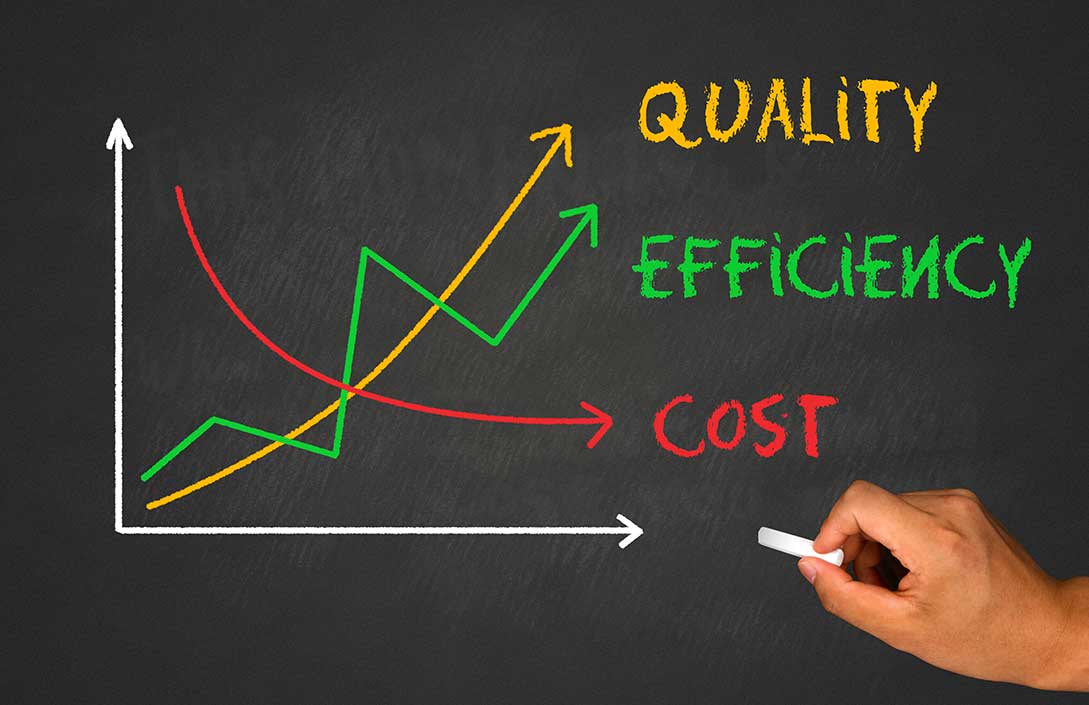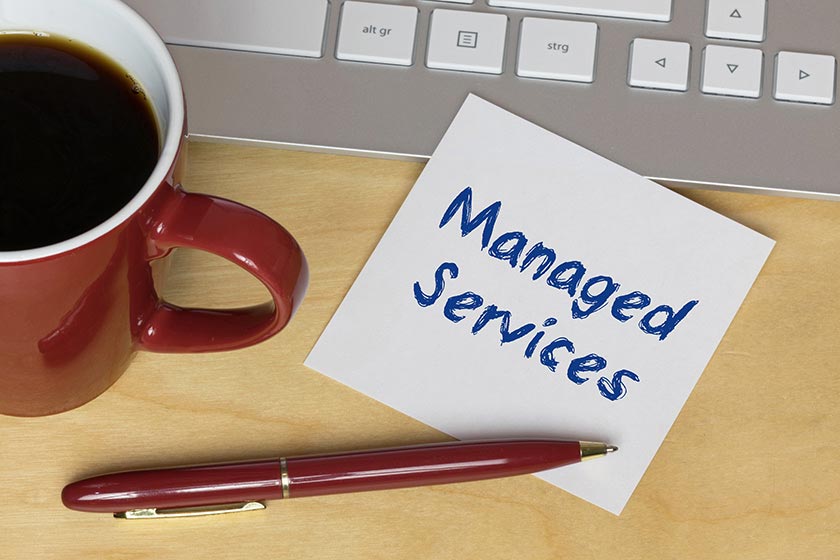Most IT companies, especially the ones that are born in the cloud or that focus on the cloud, are typically operating under a transactional model. They go from project to project, sell and execute before moving on. In the transactional model, because the next project is often dependent on the success of a sales trajectory, the outcome or sale is not guaranteed. Thus, the revenue is not guaranteed.
In many cases, opportunities for recurring revenue come from the managed services that are offered – that is, the list of IT services that you offer every single month for a fixed fee.
So why move to a recurring revenue model?
The reason is obvious – the effort involved in bringing in revenue under a contractual, recurring revenue model is far less than the effort involved under a transactional revenue model. Under a recurring revenue model, salespeople can focus their efforts on a new customer who is ready to be onboarded, rather than focusing on closing another deal with the same customer in a transactional model. The number of customers that sales people can focus on is much higher in the recurring model, and more customers can mean more services and more contracts which translate to increased revenue security.
As an MSP, recurring revenue can help you create more in-depth relationships with your managed services contract customers. The managed services can provide insight into the infrastructure of your customer’s business. It can identify potential new leads, help to provide better service, or just uncover upsell opportunities – a typical example of upsell/cross-sell. The ongoing relationship with the customer helps you to identify which new products, services, or projects to provide.
Operating within a recurring revenue model allows your company to grow and scale according to your customers’ demands. The guaranteed income will enable you to hire the right people to support the consistent needs of the recurring revenue model, rather than contracting individuals who focus on one of your projects at a time in the transactional model. Your company’s growth can increase brand and company recognition, which leads to new prospects, new leads, and new customers.
How should you implement a recurring revenue model?
The managed services you offer area the key to recurring revenue. Unlike the traditional, transactional model through which you provide one single service at a time, the recurring revenue model instead allows you to offer customers a variety of services bundled together for a fixed fee per month per user.
No matter who you support with your managed services, there are a few good reasons why companies want to subscribe to your recurring revenue model:



